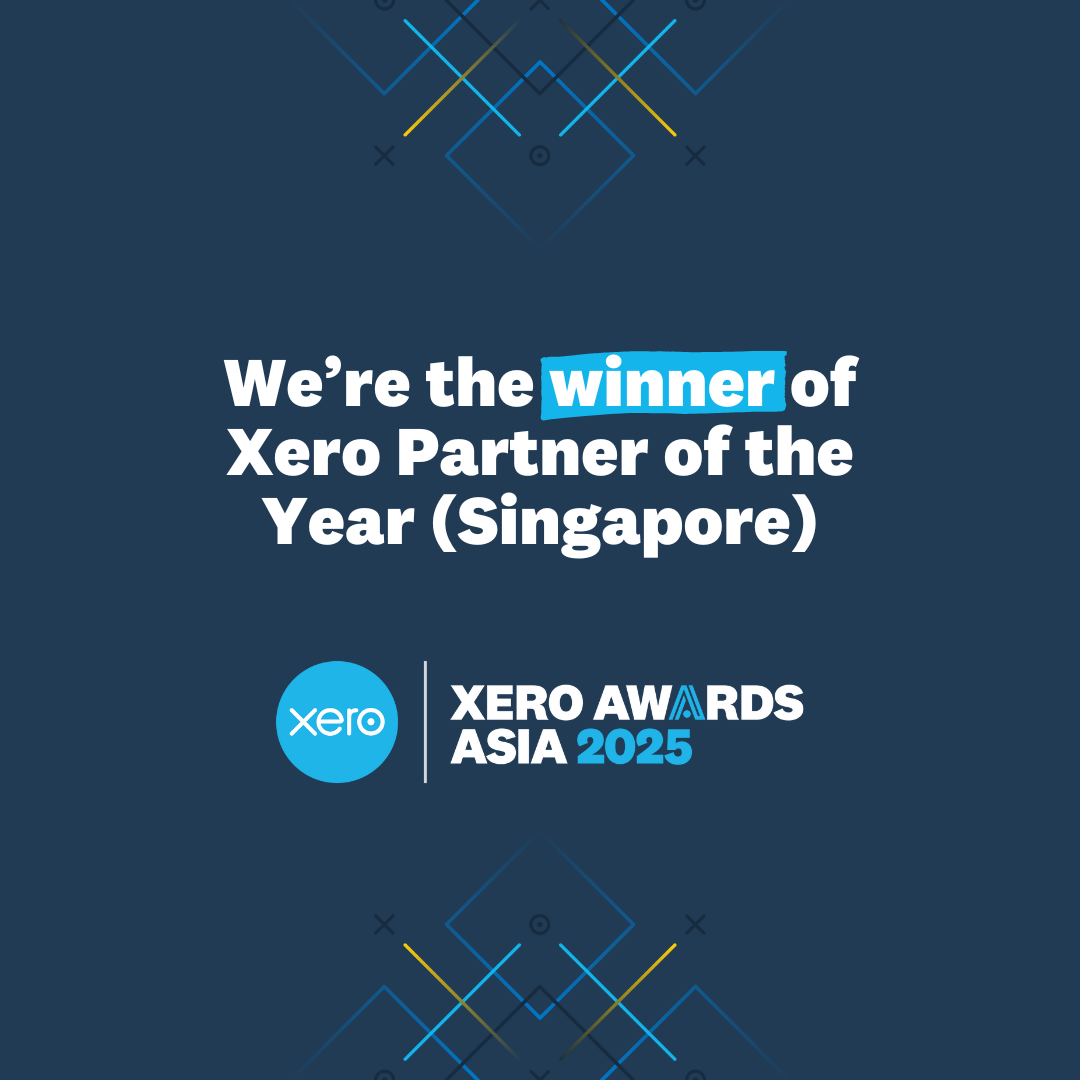Investment Holding Companies
For entrepreneurs and investors in Singapore, investment holding companies can offer several advantages, including tax benefits and asset protection. This article will help you understand what an investment holding company is, the benefits of setting one up, and the tax implications involved.
What is an Investment Holding Company?
An investment holding company is a company that owns investments such as properties and shares for long-term investment purposes. It derives income from these investments, such as dividends, interest, or rental income. Unlike an investment dealing company, which buys and sells investments as part of its trading activities, an investment holding company's primary activity is holding investments.
Benefits of Setting Up an Investment Holding Company
Asset Protection
Setting up an investment holding company allows you to protect your assets. By separating valuable assets from the operational activities of your business, you can shield them from potential creditors or liabilities that your operating company might incur.
Streamlined Management
By consolidating the management of your subsidiaries under a holding company, you can streamline operations. This structure allows for independent management of each subsidiary while maintaining overall control and coordination.
Better Financing
An investment holding company can often secure loans at lower interest rates due to its stronger financial position. These funds can then be distributed to subsidiary companies, providing financial flexibility and support.
Tax Optimisation
Singapore's attractive tax regime offers several benefits for investment holding companies. For instance, the single-tier corporate tax system means that corporate profits are taxed only once, and there is no tax on dividends or interest paid to the holding company. There are however, some key differences between tax treatment on regular trading companies and how investment holding companies are taxed.

Tax Implications for Investment Holding Companies
Understanding the tax implications is crucial for managing an investment holding company effectively. Here are some key points:
Deductions Allowed
Expenses directly related to earning investment income, such as property tax, repair and maintenance costs, and interest expenses on loans taken to acquire investments, are deductible. Statutory and regulatory expenses, like accounting and audit fees, are also deductible.
Deductions Not Allowed
Capital expenses and expenses related to non-income-producing investments are not deductible. For example, the cost of acquiring new assets or legal fees for purchasing investments are considered capital in nature and are not deductible.
Excess Expenses
Expenses are deductible only against the income generated by the same source. Excess expenses from one investment cannot be deducted against income from another source. However, a concession allows the deficit from one block of shares to be set off against the net dividend income from other blocks of shares within the same group.
Capital Allowance Claims
Investment holding companies are not entitled to claim capital allowances as they are not carrying on a trade or business. Only expenses for replacing existing fixed assets are deductible.
Unutilised Losses and Group Relief Claims
Investment holding companies cannot carry forward unutilised losses to offset future income. They also cannot transfer current year unutilised losses to other companies in the same group under the Group Relief system. However, they can transfer unutilised Industrial Building Allowance, Land Intensification Allowance, and donations.

Setting Up an Investment Holding Company in Singapore
Setting up an investment holding company in Singapore is straightforward. The process is largely the same as registering or incorporating any other company in Singapore. You need to meet certain basic requirements, such as having at least one resident director, a minimum issued share capital of SGD 1, and a local registered address.
Compliance Requirements
After setting up your investment holding company, you must comply with ongoing obligations, including filing annual returns with ACRA, paying corporate tax, and holding an Annual General Meeting (AGM) every year. Additionally, a subsidiary company cannot be a member of its holding company.
Conclusion
Investment holding companies offer several benefits for small business owners in Singapore, including asset protection, financial advantages, tax optimisation, and efficient management. If you are considering setting up an investment holding company, or need help understanding the tax implications and compliance requirements, please don't hesitate to reach out to us at Harvest Accounting.
Latest Posts
Sign up to our monthly "Picks of the Crop" newsletter for the latest accounting and business updates.
Terms & Conditions, Privacy and Data Protection Policy






